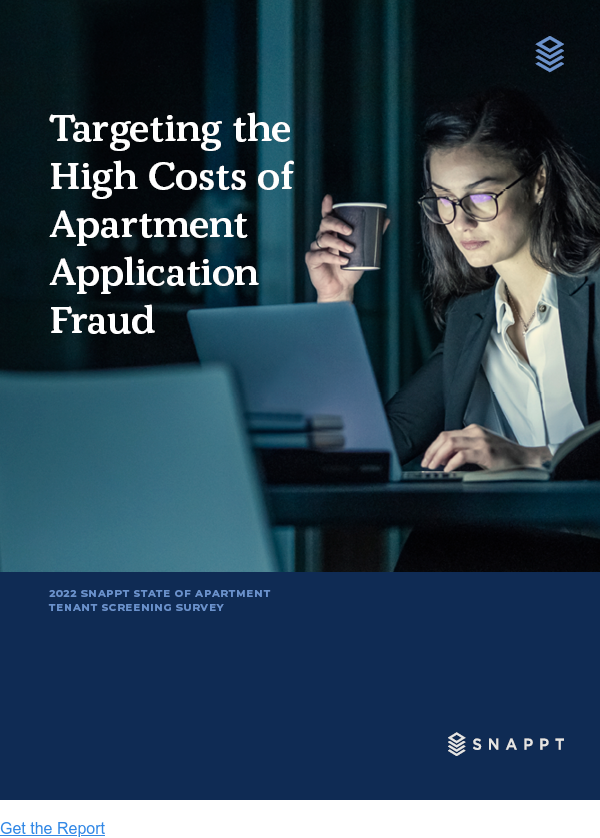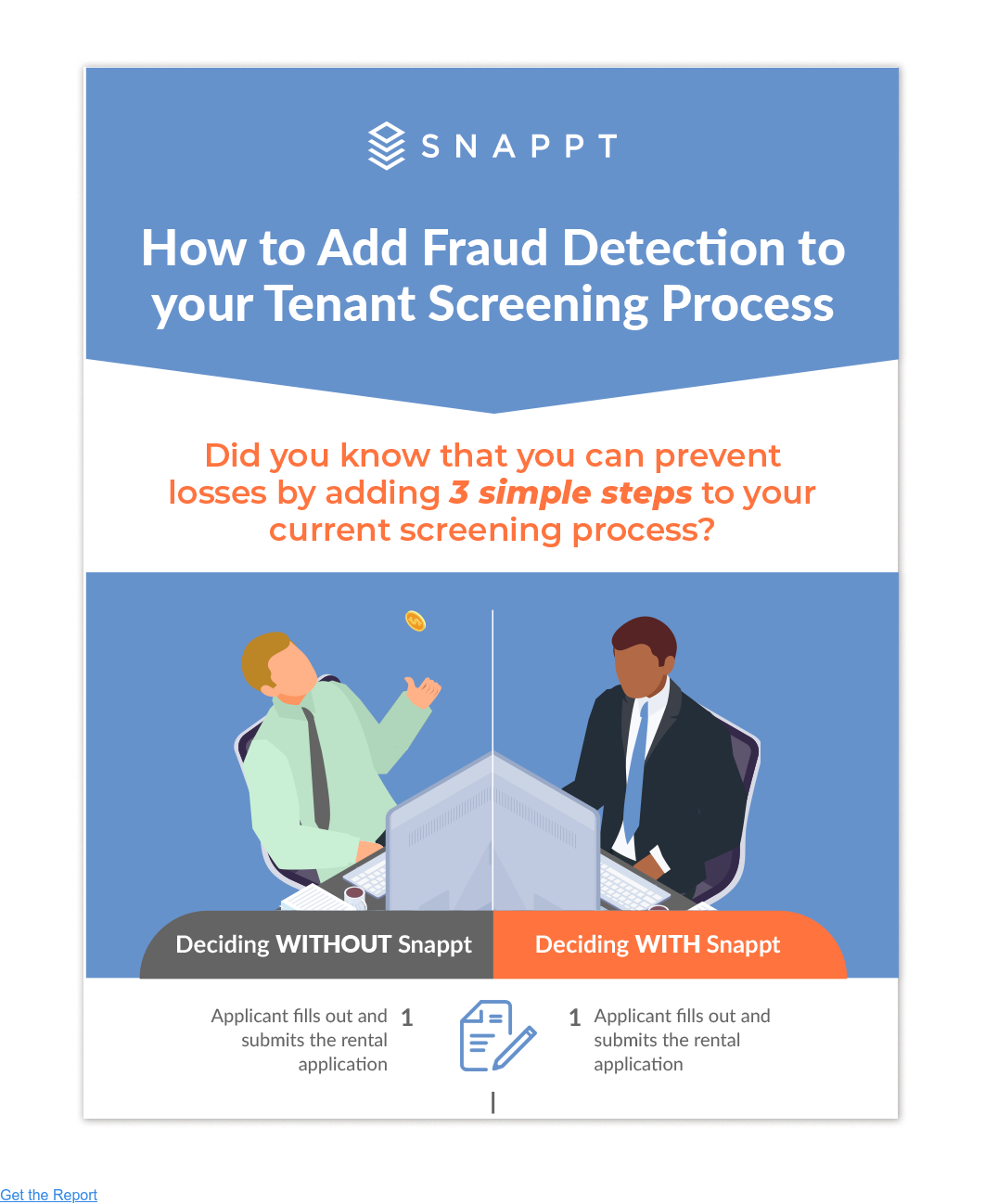Most property managers are well versed in net operating income (NOI) and how it helps determine the overall value of an apartment building or rental property.
NOI is a simple accounting method that considers total occupancy and the building’s collective rent and subtracts out all expenses (excluding mortgage payments) to show how much profit the community generates.
That profit, in turn, helps determine a community’s overall value by applying the current capitalization rate of other buildings sold in the area, currently around 4.5%, according to CBRE.
Thus, if your property generates $500,000 in rent and has $200,000 in expenses, your NOI is $300,000.
Dividing that NOI by a 4.5% cap rate results in an asset value of $6.6 million, illustrating how lucrative the application of multifamily’s standard algebra can be.
How bad debt is often overlooked
But one aspect of value that’s often overlooked is a building’s bad debt, which includes past due rent that can’t be collected, or in a worst-case scenario, an occupied unit where a resident has stopped paying rent altogether but hasn’t yet been evicted, or the eviction process has not been started.
Indeed, according to the 2022 Spirited State of Apartment Application Screening Survey, the apartment managers’ top three goals in the application process are making sure new tenants can pay rent, reducing trouble with rent collection, and avoiding evictions.
The cumulative effect of these three areas became all too familiar to property managers and management companies during the pandemic, where eviction moratoriums gave some tenants free license to forego the need to write a rent check altogether.
Indeed, according to the National Apartment Association, economic losses at apartment buildings were at their highest level since 2013 last year, at 8.7%. Moreover, in an informal survey of mid-sized NAA members, an average of 9% of units were found to be delinquent with rent debt per unit north of $5,000.
Bad debt + apartment application fraud = lower asset values
During Covid-19, the problem’s only been exacerbated by the staggering rise in potential tenants perpetrating scams on management companies. The potential renter hopes to mitigate any red flags via apartment application fraud. During the screening process, prospective tenants submit falsified paystubs and bank statements that, today, can easily be bought online.
Pre-pandemic, 66% of apartment managers reported being targeted by rental application scammers. Now, 85% say that’s a problem for them. When those applicants slip through the screening process to the tenancy or move in, the consequences can be costly.
“We see fake pay stubs and altered bank statements all the time,” one manager told us, noting he counts about 10 cases of fake documents a month. If all of those needed to be evicted, “that would be about $140,000 to $160,000 worth of bad debt,” he says.
With rents on the rise, the risk of that bad debt accumulates even faster, with each month’s unpaid rent increasing even more.
The rise in apartment application fraud and lingering impacts of the pandemic mean managers must work harder than ever to ensure they’re not just accumulating record levels of bad debt instead of higher rent rolls.
That bad debt, in turn, would count against a building’s value were it to be sold. In the example above, $100,000 in bad debt would knock the asset’s worth down from $6.6 million to $4.4 million. That’s a $2.2 million haircut.
Property Manager Use Cases
It’s an aspect Ellie Norton, area vice president for Alpharetta, Georgia-based Pegasus Residential, is intimately familiar. She oversees approximately one-third of the firm’s 33,000 units and has firsthand witnessed the impact of bad debt on asset transactions.
For example, she had two lease-ups in Atlanta adjacent to each other. The first was sold before she implemented Spirited’s application fraud screening solution, which scans the digital DNA of applicants’ financial documents to determine if they’ve been altered or not.
“The reality is, like all communities, this one had some fraudulent residents, and we had a handful of bad debt when the asset traded,” Norton says. “That’s not uncommon for what you see in a major metro like Atlanta.”
But the story was completely different on her second property after implementing Spirited to root out fraudulent applications and eliminate bad debt.
“It was the same asset class, directly across the street,” Norton says. “We sold the asset at 94% occupied stabilization, and we had $50 in delinquencies. That has never happened in my career on a lease up in Atlanta. That was the proof in the pudding alone that there was a significant value in partnering with Spirited.”
With Spirited’s application fraud technology, managers can target bad debt before it can get through the door. Thereby putting a lid on delinquencies and rent payment issues that undermine an asset’s value regarding the most essential collection of all: its final sales price.
Spirited Software
Designed to complement your existing leasing process, Spirited software provides quick fraud detection at a great price. With No long-term commitments, volume-based pricing options, FCRA-compliant, and a 24-hour turnaround time. To learn more, Contact Us Today or Request a Demo.










